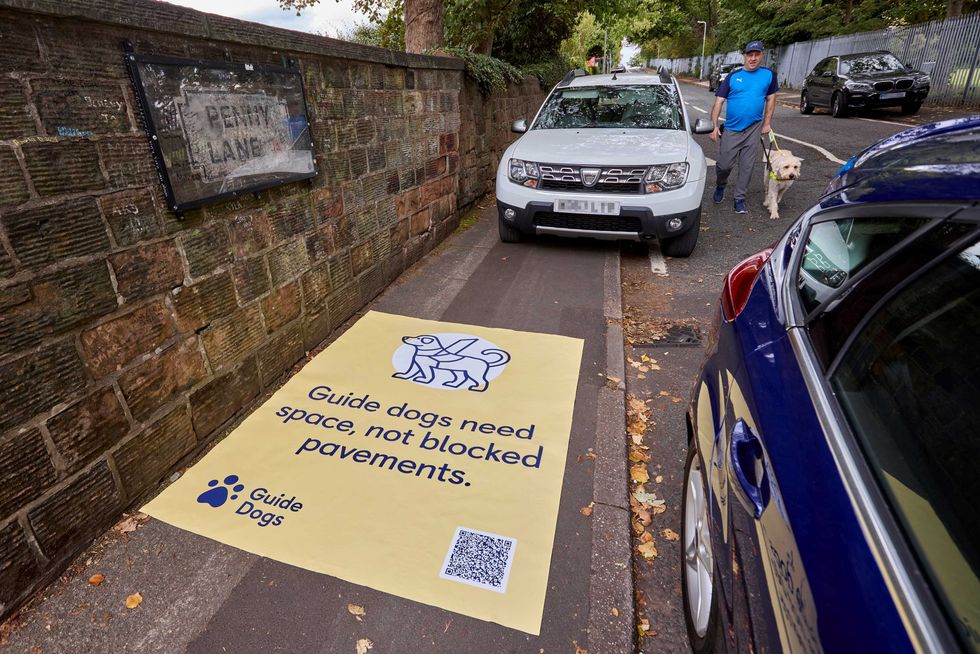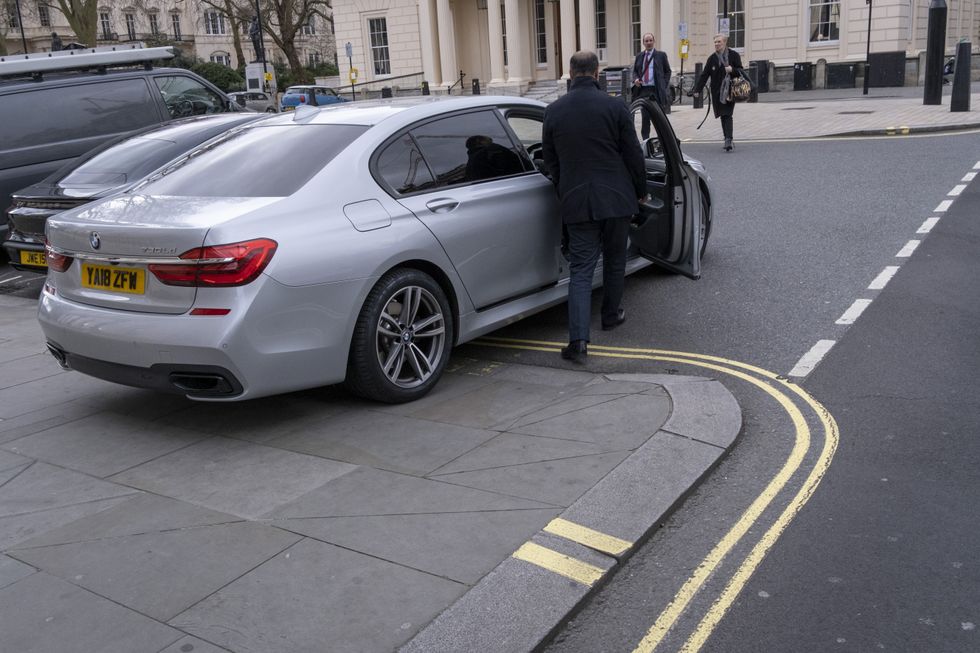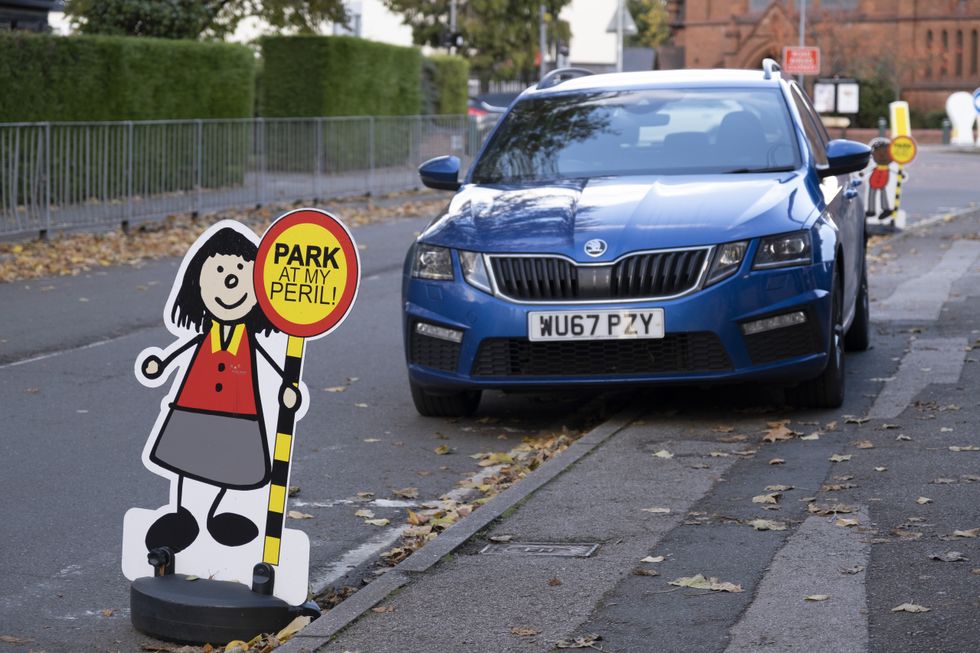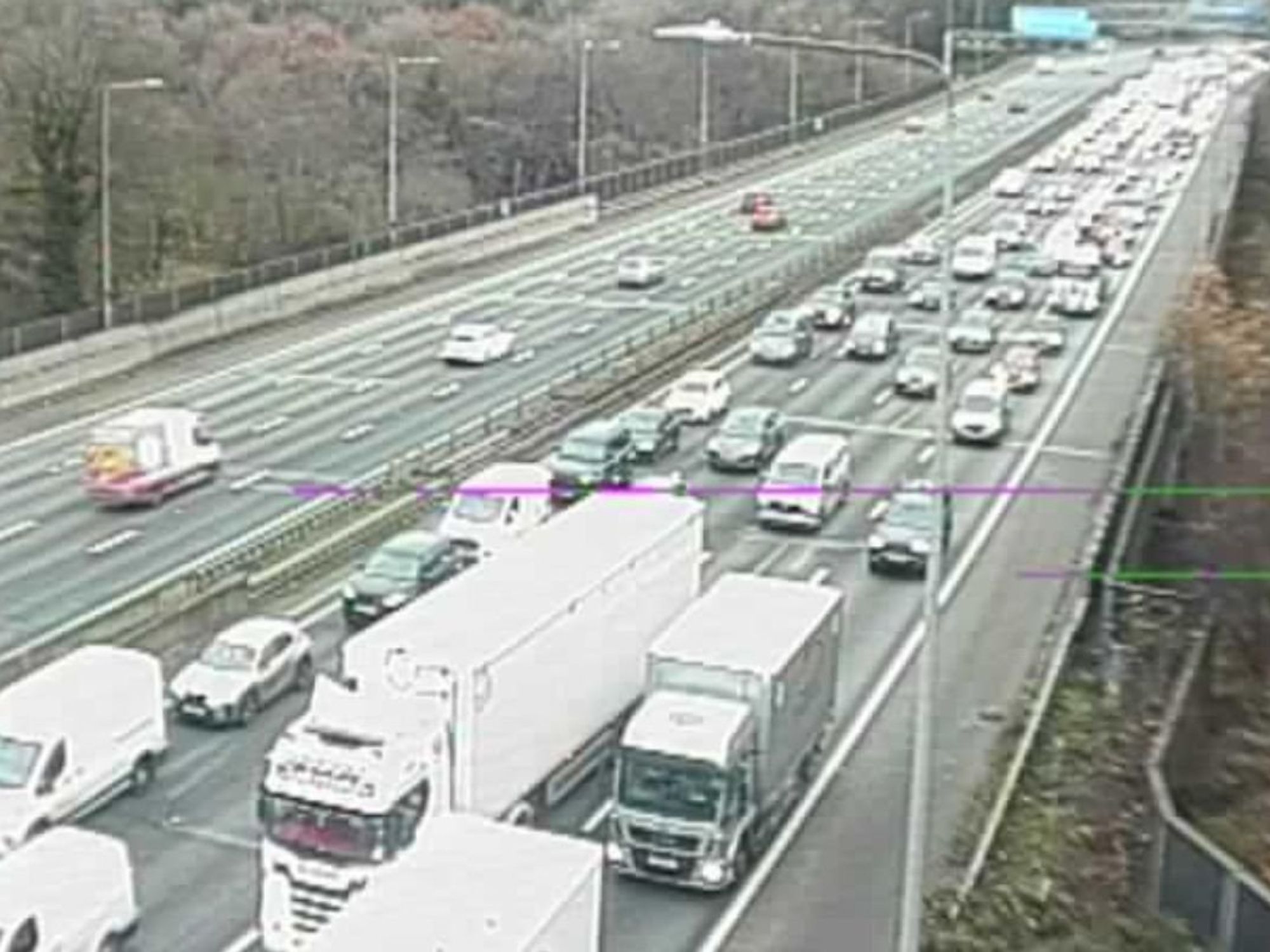Motorists could see new driving bans introduced across popular region as Labour favours 'anti-car' policy

MPs and campaigners have backed calls for new pavement parking bans in Wales
Don't Miss
Most Read
Drivers have been warned they could face new pavement parking restrictions across Wales after growing campaigns have prompted action.
The ban has been backed by MPs including Labour's Ruth Jones in Newport West and Conservative Mims Davies in East Grinstead.
It has also been championed by the charity Guide Dogs UK, which argued that cars parked partly on pavements posed serious dangers to people with sight loss, wheelchair users, and parents with prams.
But while Britons have shown support for safer streets, motorists warned that a blanket ban could cause chaos in already cramped towns and villages, particularly in older communities where narrow streets made off-road parking impossible.
Critics have warned that the campaign risked demonising drivers at a time when many were already struggling with rising fuel prices, tighter environmental zones, and new 20mph limits across much of Wales.
"Drivers weren't out to block pavements deliberately — it was often the only way to stop without holding up traffic," said one Newport tradesman.
"If they fined people for just having two wheels on the kerb, where were we supposed to park? It was just another anti-car policy."
Currently, the Welsh Government has not yet introduced any national law on pavement parking, but campaigners urged ministers to follow London and Scotland, where similar restrictions were already in place.

MPs have called on the Government to introduce a pavement parking ban in Wales
| GUIDE DOGSIn London, parking on pavements has been illegal for decades, with Scotland rolling out its ban earlier this year, though enforcement proved controversial — with local councils complaining they lacked the resources to police it properly.
Ms Jones met campaigners at the Labour Party Conference in Liverpool, where she spoke with visually impaired people, including guide dog owner Paul, who described the daily struggle of navigating streets blocked by cars.
"Paul was just one of thousands forced to step into the road because of cars parked on pavements," Ms Jones said. "Wheelchair users and people with pushchairs faced the same danger. It was time for Wales to act."
At the Conservative Party Conference, Ms Davies echoed that message after visiting the Guide Dogs exhibition stand.
 A potential ban on illegal parking hopes to encourage more walking and cycling | GETTY
A potential ban on illegal parking hopes to encourage more walking and cycling | GETTYLATEST DEVELOPMENTS:
- DVLA issues sharp warning to drivers with certain medical conditions as millions risk £1,000 fines
- Rachel Reeves could introduce 'alternative' taxes at Autumn Budget as drivers give up petrol and diesel cars
- Labour looks to overhaul major driving law for first time in 60 years in 'most far-reaching' move to date
"Cars blocking pavements were a problem for everyone but were especially dangerous for people with sight loss," she said. "We needed clearer laws to make our streets safer."
Guide Dogs' head of policy, Eleanor Briggs, said the charity wanted "a clear national law" to give councils the power to tackle problem parking.
Their research showed 95 per cent of people with sight loss had been forced into the road because of vehicles obstructing pavements, and 73 per cent of councillors supported a new law.
But motoring groups warned that without practical alternatives, new laws could punish ordinary people rather than solve the problem.
 Campaign groups are calling for more to be done to protect vulnerable people around cars that are parked on the pavement | GETTY
Campaign groups are calling for more to be done to protect vulnerable people around cars that are parked on the pavement | GETTYThe Alliance of British Drivers had previously argued that pavement parking bans should be left to local councils, not imposed nationally.
A spokesperson said: "Many residential streets were built long before car ownership was common.
"If you banned pavement parking everywhere, you'd simply make those roads unworkable. Emergency vehicles could struggle to get through, and residents would face endless fines."
In response to calls, the Welsh Government said it was "monitoring developments" in Scotland before deciding whether to bring forward its own legislation.











